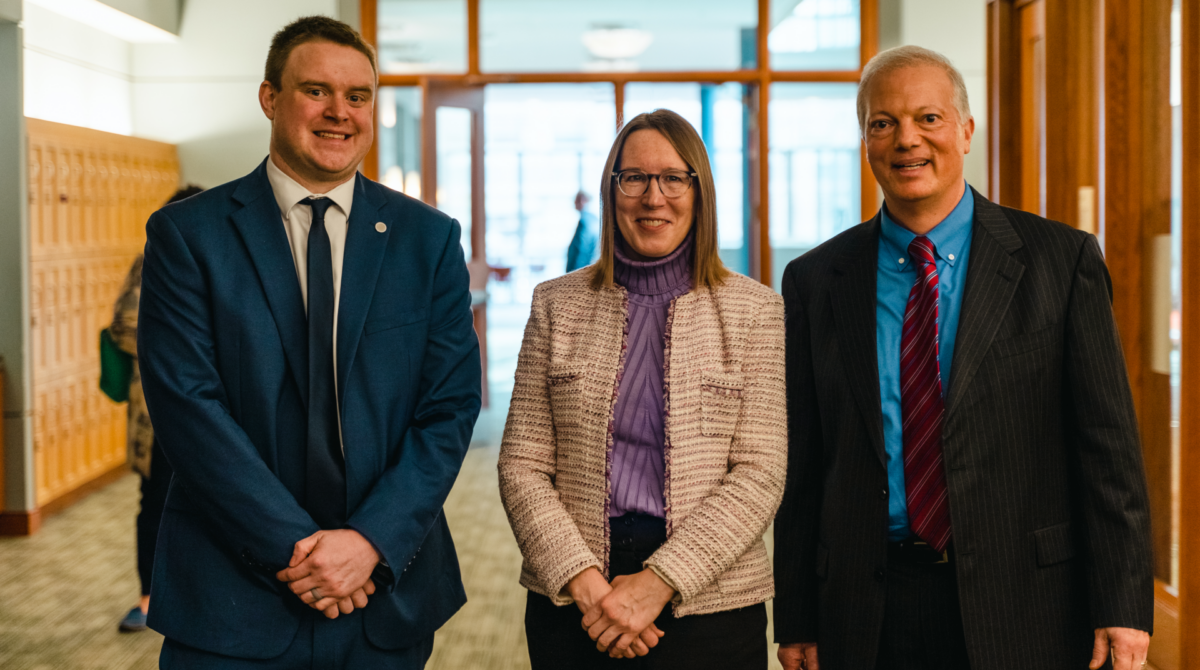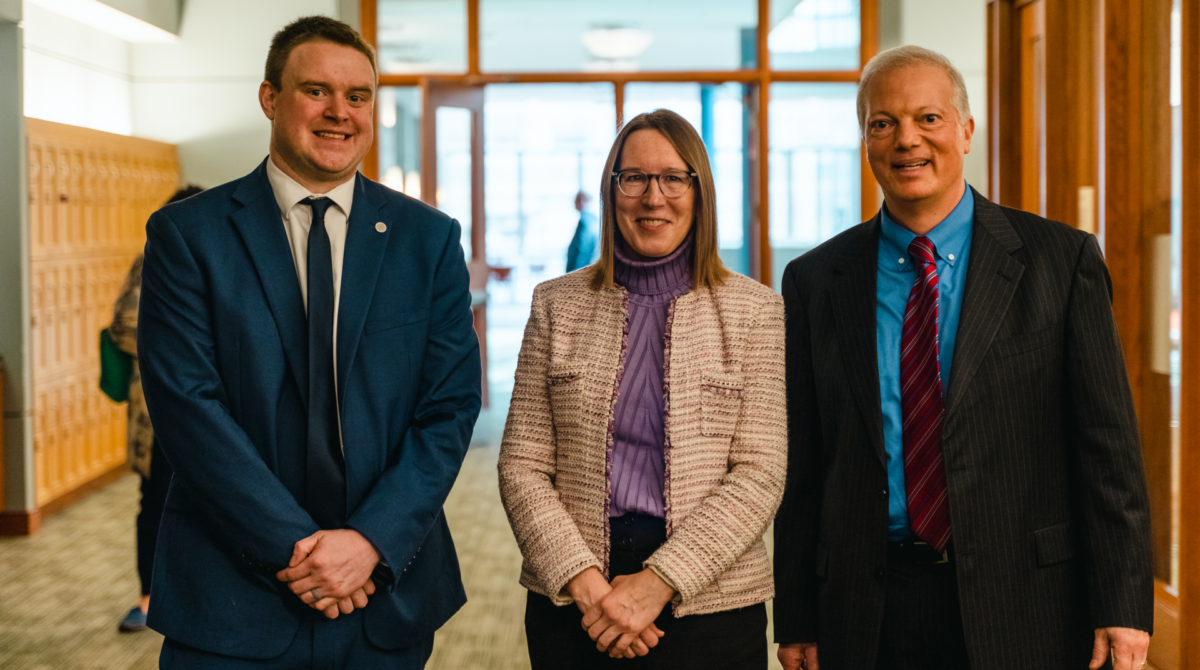
Catholic entrepreneurs Eddie Cullen and Karl Kilb want to use new financial technologies to benefit the Catholic Church and its charitable work.


Catholic entrepreneurs Eddie Cullen and Karl Kilb want to use new financial technologies to benefit the Catholic Church and its charitable work.
